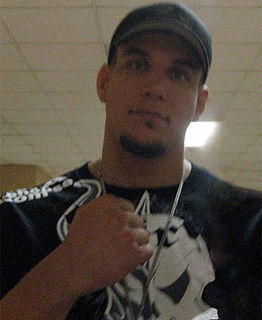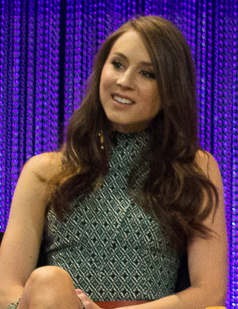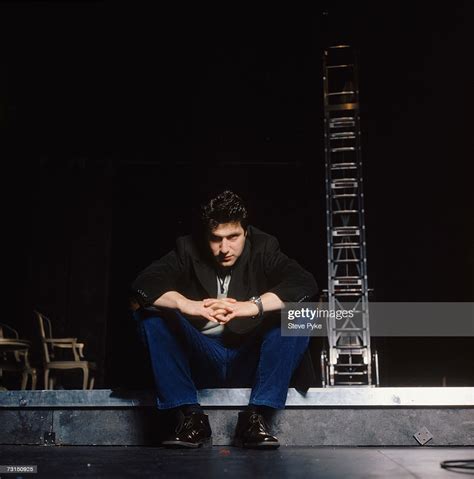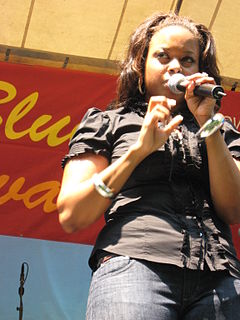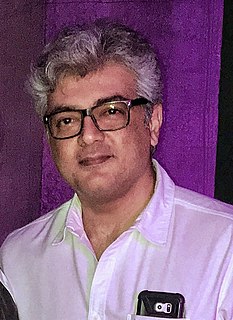A Quote by Mike Birbiglia
I just like, when you look at people who have long careers in film, they're able to make films that are far away from themselves, because they're metaphorical. It creates more opportunities, I think.
Related Quotes
I don't think all films should necessarily look like they do on digital video. I think it cheats the audience, at some point. If you try to make an epic and you shoot it digitally, that doesn't make much sense. I think there's a certain kind of film that could be a "digital film." But it shouldn't be interchangeable with other films. It should be something more than just a capture medium. It should be a different form altogether, something new.
People don't usually have long careers as heavyweights because they mature into the role. Look at amateur wrestling, you don't usually see guys go to heavyweight as freshman. I was just blessed that even though I wasn't as big as some of the other guys, I was able to step in right away at heavyweight.
I think movies in general should have more respect for the audience than they do. Too many films are afraid to confuse people, so all the information is given to them right away, and there's nothing left for the film to do. It ruins many stories, because everything becomes obvious and predictable. I want my films to engage people more and make them more actively involved in the story.
When filmmakers are kept from making films, there's a lot of different reasons why. Sometimes you work on a film and cast it and do all the work and can be just a month away from shooting, and all of a sudden, the whole thing goes up in smoke. But I do think the advent of a digital revolution is going to provide people with opportunities to make films that they never would have had before. I think you can do some pretty credible stuff now with very, very little money. Which I think is great for young filmmakers.
I wanted to make sure the focus [in The Land] was on human beings themselves and their decisions, but still connected to the urban environment that people associate as being black. I think I was able to make a film without commenting on "black this or black that" and you still feel the presence of it. There's no one character who's saying "we're all black and we're all in this struggle." It's that you just feel it. Some of that is because we get the sense from a lot of independent films that black people struggle all the time.
There is no straight path from your seat today to where you are going. Don't try to draw that line. You will not just get it wrong, you'll miss big opportunities. And I mean big-like the Internet. Careers are not ladders, those days are long gone, but jungle gyms. Don't just move up and down, don't just look up, look backwards, sideways around corners. Your career and your life will have starts and stops and zigs and zags. Don't stress out about the white space-the path you can't draw- because there in lies both the surprises and the opportunities.
I enjoy the making of the film and it's something for me to do. If nobody ever comes to my films, if people don't want to give me money to make films, that will stop me. But as long as people come all over the world and I have an audience and I have ideas for films, I will do them for as long as I enjoy the process. And I like the whole process of making a film.
What Hollywood truly wants is for people to be themselves. I think what it's designed for is to kind of turn people into something and just make them saleable. But what it really stands for, what it really loves, are people who are unafraid to be themselves, and as you can see, these are people who are excelling in their careers.
And so I look back on not just the last ten years but everything that I've done as being sort of an ongoing growing continual film school. I mean I don't think I've got to a point where I've achieved anything that feels like, a particular milestone, but there's still a lot more to learn and hopefully a lot more films to make.
I'm a recording artist who's traveled around the world so I have different opportunities than other people and people may decide how I should use my opportunities because my opportunities are public whereas I can't decide how people should use their opportunities because their opportunities are private. That's what we're dealing with - people feeling like they should be able to control celebrities.


